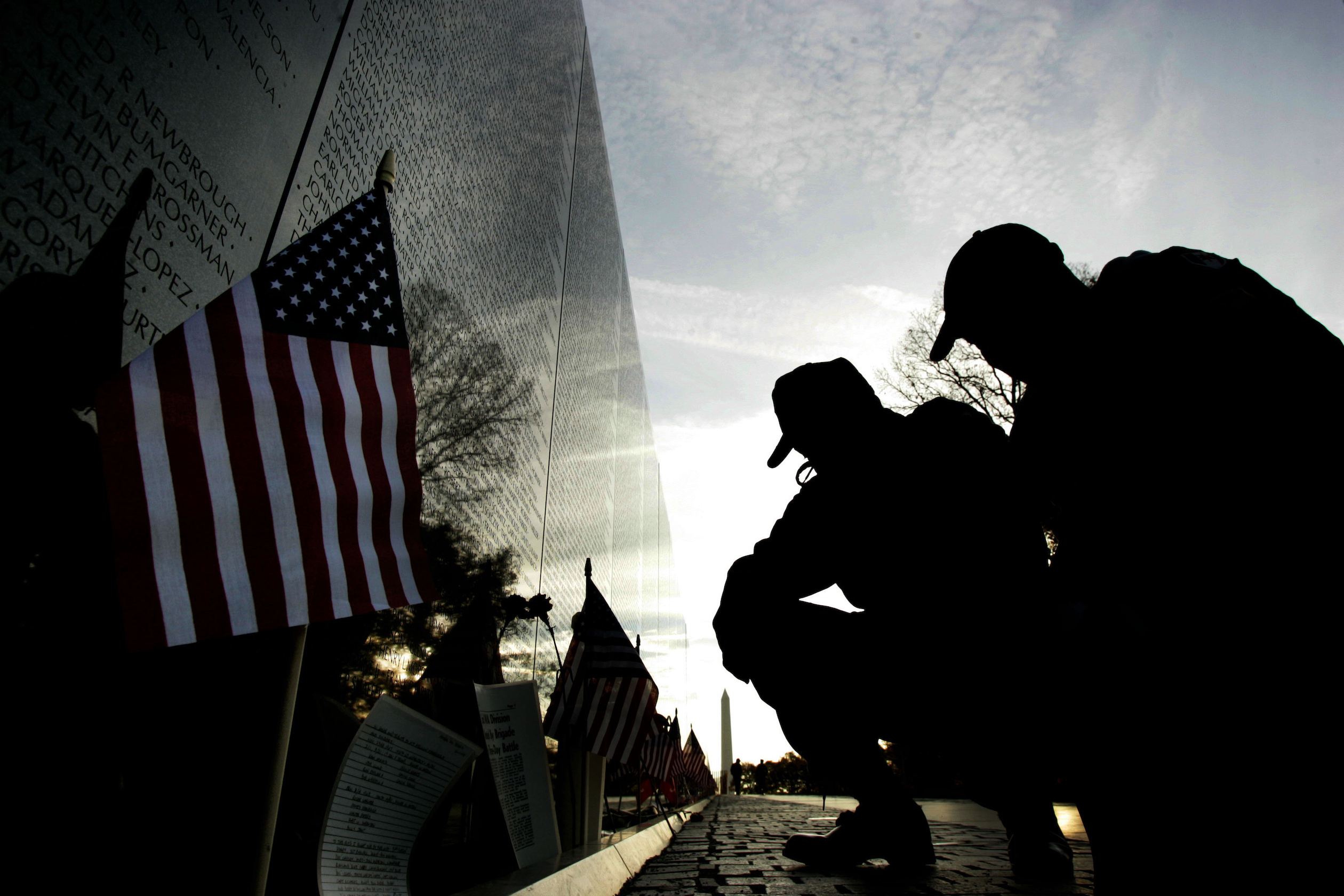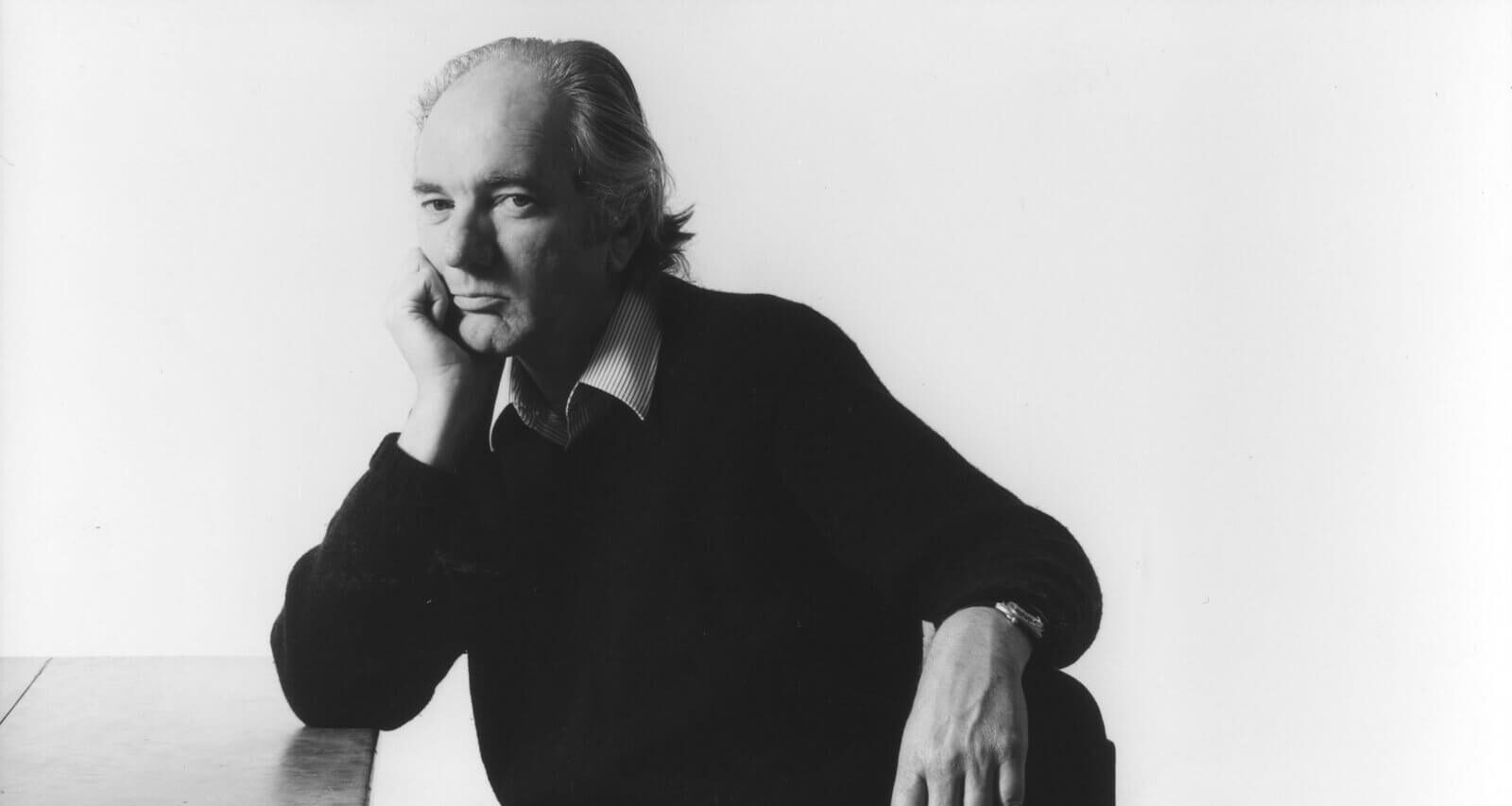A few weeks ago, my family found a pair of homemade football tickets in a box of my great-grandfather’s belongings, inviting the friends of Jim and Frances Ferguson to attend a watch party of the November 30, 1963, Army–Navy football game. I thought it odd that he should have kept those tickets for so long—until I took a closer look at the date.
There was no Army–Navy football game on November 30, 1963. There should have been, but all things army and navy had been thrown into chaos only eight days earlier when John F. Kennedy was assassinated in Dallas. The president had been scheduled to attend the game. It was well known that he was an ardent Navy fan because of his service in the Pacific during World War II, and it was widely assumed that the game would be canceled out of respect for his memory. But Jacqueline Kennedy insisted that the game be played anyway, as her husband would have wished, and so it was moved to another date with national significance: December 7. Navy won the game, in what was by all accounts a nail-biter fourth quarter.
I can only imagine what my great-grandfather thought about all this. Certainly he was affected by Kennedy’s death, just as everyone else who remembers that day was affected. But I suspect it was the second date that moved him more. Like Kennedy, he was a navy man, but unlike the president, he was a lifer, and had been stationed on the USS Nevada at Pearl Harbor during the Japanese attack in 1941. It was his day off, but he ran down to the base anyway and manned an anti-aircraft gun as the zeros roared across the sky. Afterward, he cared for the wounded and tended to the dead. His description of the harbor under attack, which he recorded in a private diary later that day, is one of the purest expressions of military devotion I have read.
“There will probably never be another moment like that in my life,” my great-grandfather wrote. “The sight I beheld so stunned me that I was unable to move, unable to talk, even unable to think. I could only stare in first amazement, then disbelief, and finally in rage. The tears coursed down my face as uncontrolled as rain. There before me lay the backbone of the greatest navy in the world—broken, twisted wrecks in a blazing sea of oil.”
On that day, my great-grandfather saw the things he loved destroyed. And then he spent the next two years gunning down planes in the Pacific because of it. He helped wreck one empire to build another in its place. And, as with so many people of his generation, the remainder of his adult life was suffused with the memories of those years—even in things as small as football tickets. And it was for this reason in particular that I’ve found myself thinking about him on Memorial Day weekend. He knew so many people who were killed in war or whose lives were utterly ruined by it. For him, and for those of his generation, a day of remembrance set aside for the dead was a matter of duty, of devotion to those cut down by the inescapable horror of war.
That way of life is so alien to me. For me, and for most Americans roughly my age, Memorial Day is a more abstract proposition. Of course, I know plenty of people who served in Iraq and Afghanistan—even some in the Gulf War—but like many other younger people, I don’t think I know a single person who died in those conflicts. This is in large part thanks to the professionalization of war and post-Vietnam changes in tactics that minimize casualties in combat. That is not to downplay the deaths that do occur: I have been told that because of its relative scarcity, a death in a modern American war actually can feel all the more tragic for those close to the deceased.
In any case, the greater part of my generation’s distance from death in combat can be attributed to past sacrifice. The wars we fight these days are not massive, existential struggles. They are regional, and our country engages in them because it chooses to. My great-grandfather’s generation established an informal empire that still is strong enough to keep the majority of its citizens insulated from global wars, what Henry James called “the abyss of blood and darkness.” For that comfort, we have scores of untold dead to thank.















